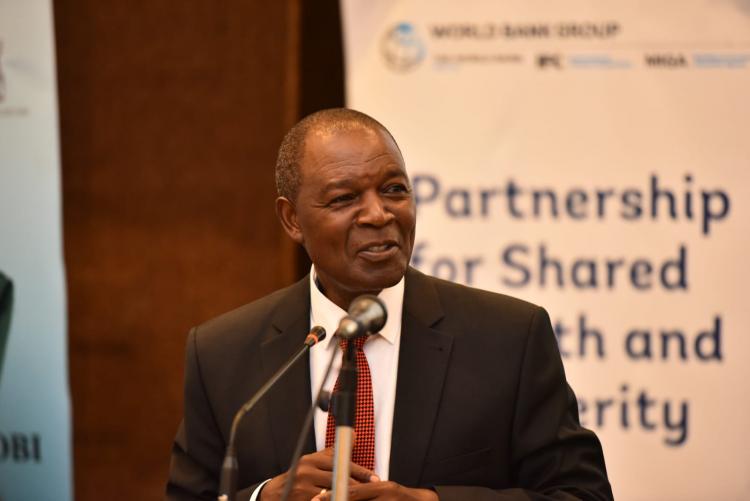‘The persistent global shocks such as adverse effects of climate change and Covid-19 have reversed poverty reduction efforts up to 20 years. During the Covid-19 global pandemic, 5 million Kenyans became poor.’
This was revealed during the Kenya jobs and inclusive growth forum organized by the World Bank and the University of Nairobi through the Department of Economics and Development studies that took place on Monday, June 12, 2023.
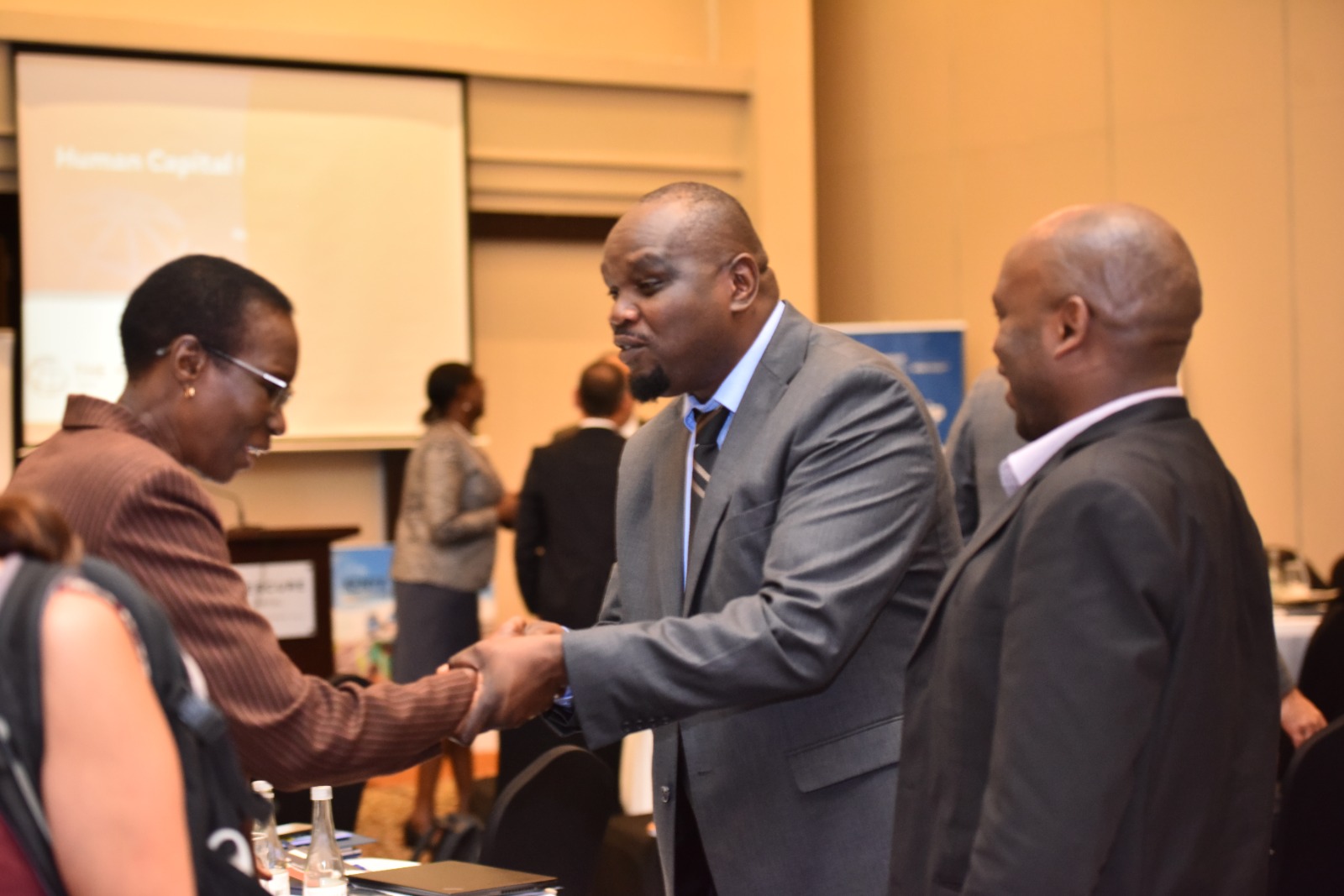
The one-day conference saw government, academia, private sector and international organizations gather and introspect on the Kenyan landscape of jobs among the youth and recalibrate Kenya’s growth to promote inclusion and productive job creation.
Issues of governance, taxation, making formal the informal sector formed part of the discussions. There was an agreement that there needs to be a redistribution measure if sustainable growth is to be achieved. Upskilling, growth-friendly fiscal consultations, climate change mitigation and adaptation, digitization are some of the suggested solutions or step by step measures that Kenyan youth need to take for job creation.
Inequality remains one of the biggest challenges for Kenya to overcome, noted the World Bank Country Director, Mr. Keith Hansen, ‘adverse climate change has influenced the rate of inflation and there are pressures especially on food, energy and transport. What is the necessary strategy?’
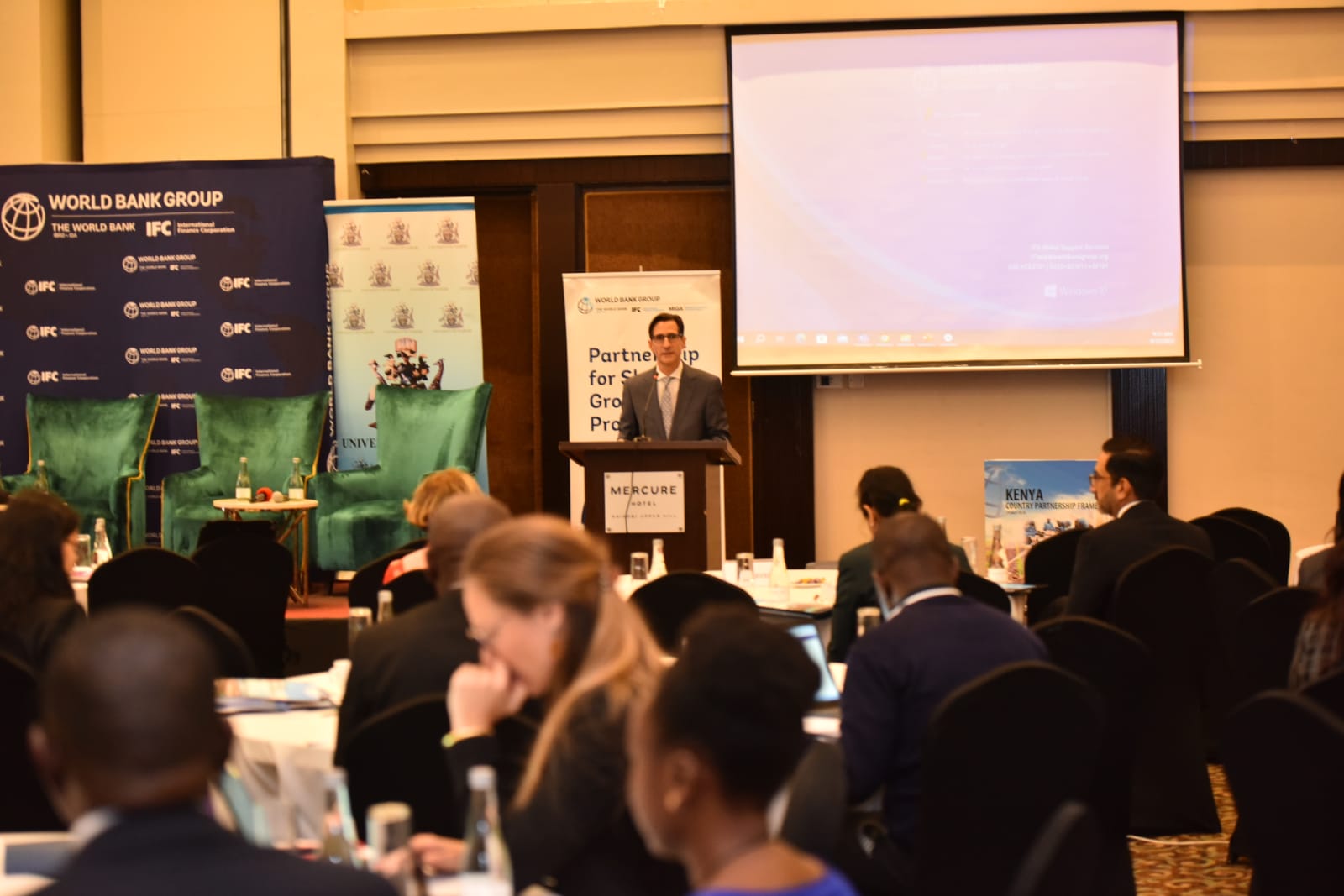
The chief guest, CS Treasury, Prof. Njuguna Ndung’u gave a run down of the efforts that the government has put in place to deal with job creation and inequality through the Bottom-up Economic Transformation Agenda (BETA). He mentioned initiatives like the Hustler fund that have already been implemented to deal with the issue of lack of access to finance. Prof. Ndungu said great focus will be in the sectors of, Agricultural Transformation; Micro, Small and Medium Enterprise, Housing and Settlement; Healthcare; Digital Superhighway and Creative Industry.
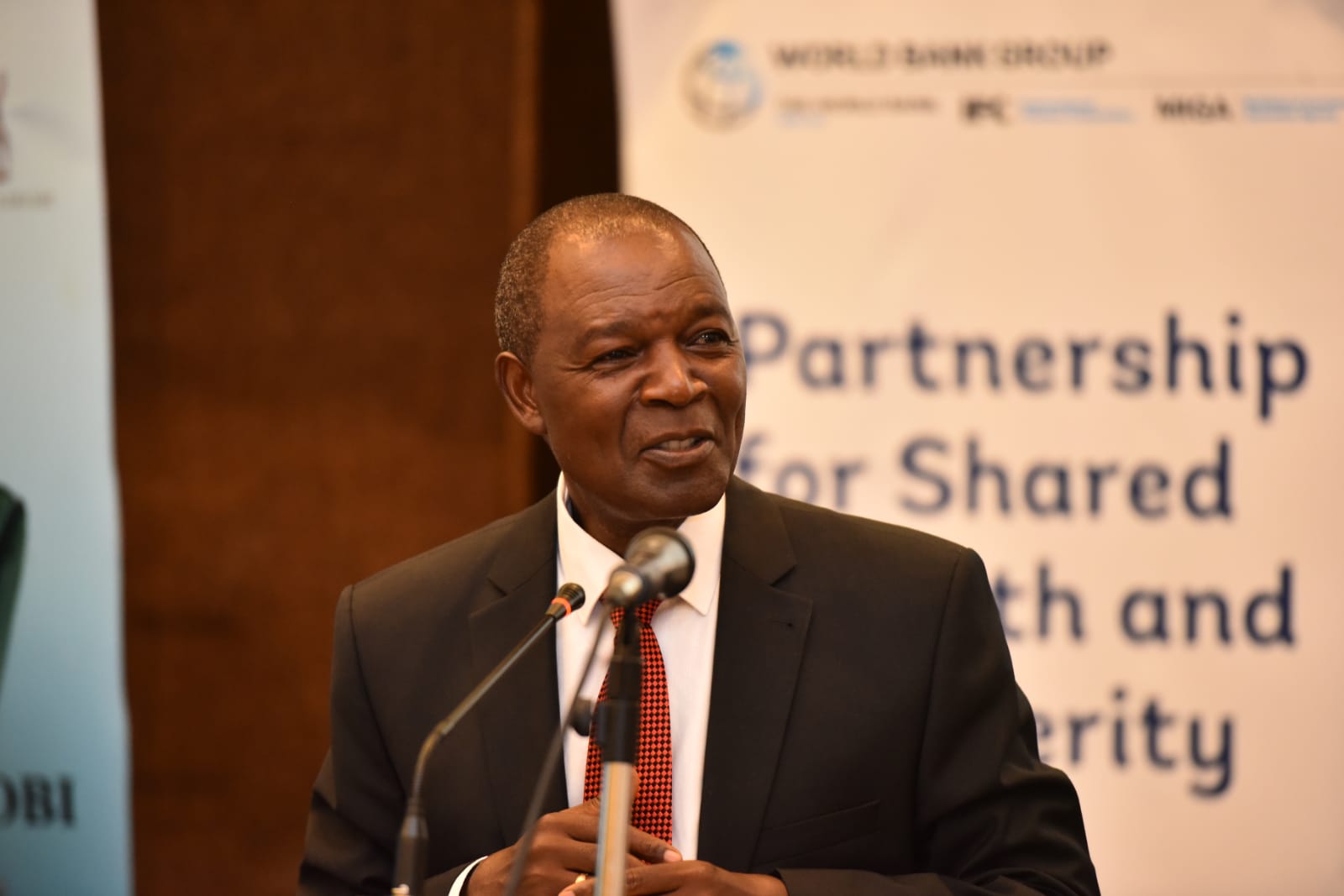
On his part, the Vice Chancellor, UoN who was represented by Prof. Winnie Mitullah, expressed the University’s position in the discourse, ‘Every year, the University of Nairobi releases more than 7000 graduates who are adequately prepared for the next phase of their lives, as we often tell them on the graduation day. Unlike in the past when employing a new graduate was almost automatic, the dynamics have shifted. We have more people competing for limited spaces in the job market with employers seeking only the best fit. Those who are not absorbed in formal employment are forced to seek other options, where they must also be fit for purpose. The University of Nairobi, therefore, has a duty to understand these dynamics and prepare its graduates adequately for the available opportunities and life after graduation. We do this by diligently following our mission and the commitment to “produce holistic graduates”.
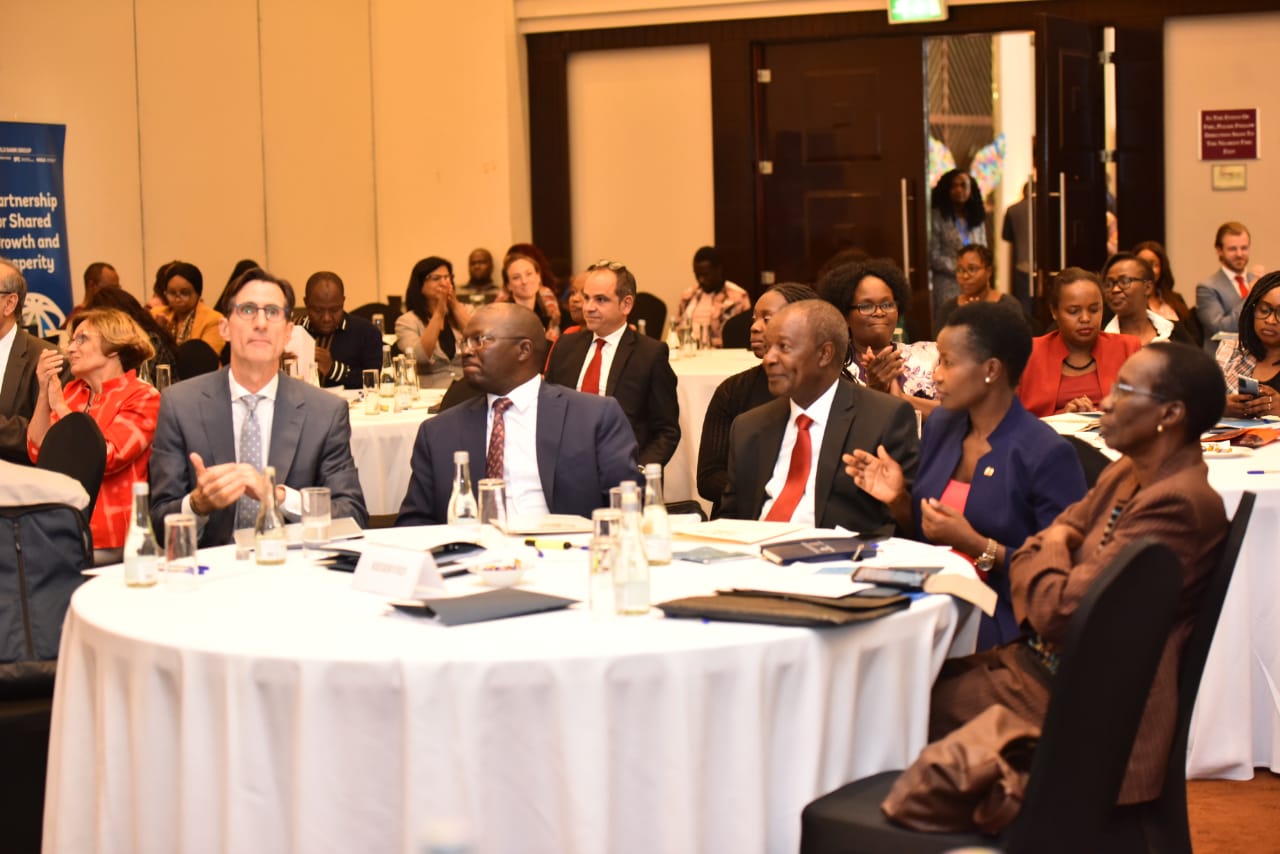
Panel discussions on Structural transformation of Kenya’s Agriculture and its implications on jobs, Human Capital for Inclusive Growth and Policy Actions to promote inclusion and Productive Job creation saw all the players represented brainstorming on what’s working and what’s not working in the Kenyan landscape on Inclusive growth and job creation.
Media personality Yvonne Okwara was the MC of the day.
- Log in to post comments

